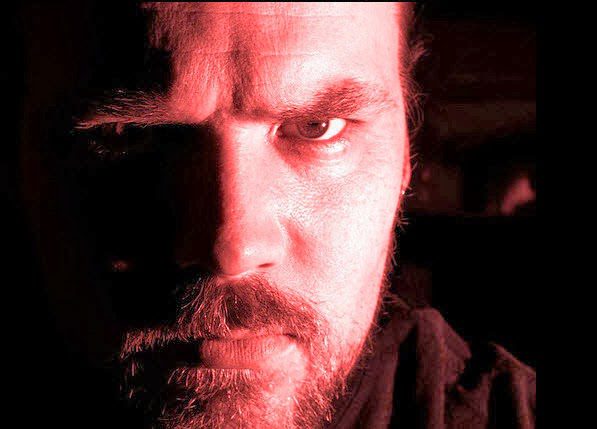Understand the Emotional Effect
By David
February 13, 2014 • Fact checked by Dumb Little Man

Recently a reader contacted me for advice.
He was in a position he didn’t like and needed a positive outlook.
I gave him tips he to improve his outlook and his current practices, but it caused me to think about our emotions and how they affect our decisions.
Separating our emotions and logic to be more independent may improve our ability to make better choices.
What is an Emotion?
We know we feel certain ways about certain things. We feel sad, angry, scared, excited, tender, and happy. But what does that mean? Is that just a feeling or an emotion?
According to Wikipedia, an emotion is a subjective, conscious experience characterized primarily by psychophysiological expressions, biological reactions, and mental states. Emotions are clearly subjective because we all feel differently about certain things. Take rainy days for example. Rainy days tend to make most people sad, but I personally am really happy on rainy days. They’re some of my favorite days!
For the average person, emotions affect the choices we make. When I’m bored, I make poor diet choices. When I’m sad, I make lazy choices like go on a Netflix binge and avoid the gym. When I’m happy, I go to the gym and eat with control.
Isn’t that annoying?
My decisions are dependent upon how I feel.
My Experience With Emotional Effect
The times I’ve been successful in life are times that I’ve been able to keep my emotions from affecting my reasoning.
When I was at my peak physically, it didn’t matter how I felt, I went to the gym. I ate the right food. I avoided time-sinks that eat up productivity and I used my time wisely.
Things you don’t enjoy happen in life. Events far beyond your control. Events that can frustrate you or devastate you. Regardless of what happens, you have the choice of how to react.
How To Limit Emotional Effect
To prevent counter-productive choices you make when you’re emotional, you have to pay close attention. Do a check on your emotions. Check your mindset. Ensure you’re not making a poor decision because of how you feel.
If you limit emotional effect on your reasoning, you’ll make choices in support of your goals.
When I choose poorly, there is no reward for it. I feel guilt for undermining my efforts. I feel terrible I ate junk food or just ate too much. I feel terrible I didn’t accomplish anything.
Pay attention to your post-decision feelings. Evaluate it was worth it. Learn from your mistakes.
Limiting the effect of emotions on your reasoning takes practice. The true key isn’t to take all emotion out of your reasoning. The goal is to make decisions with respect of how you feel now and how you will feel after.
Emotions are a natural. Don’t fight or suppress them. Acknowledge they affect our decisions. A decision made while angry or sad is one you may regret.
Actions and Results
In the book Unlimited Power, Anthony Robbins describes there is no such thing as failure, there are only results. When attempting change, we want certain results. We produce a new set of actions to accomplish the goal. When I was overweight, I wanted to lose weight, so I developed the actions of consistent exercise and proper nutrition. The result was I lost weight. I found the actions that lead to being thin.
Try this. Analyze the actions that you make that produce undesired results. Investigate the frame of mind that led you to perform those actions. Were you sad? Angry? Did you have a hard day at work or a fight with your spouse? I bet you find a number of scenarios where your actions were influenced by what you were feeling.
Be aware of when your emotional state affects your decisions. When you notice it happen, focus in on the choices in front of you. Choose the one that will have a lasting benefit instead of momentary gratification.
 |
Written on 2/13/2014 by Derek McCullough. Derek is extremely passionate about personal development and helping others achieve success. Subscribe for more on uncovering your personal passion, living a life worth living, physical and mental conditioning and more at his Personal Development blog. |
Photo Credit: Bart

